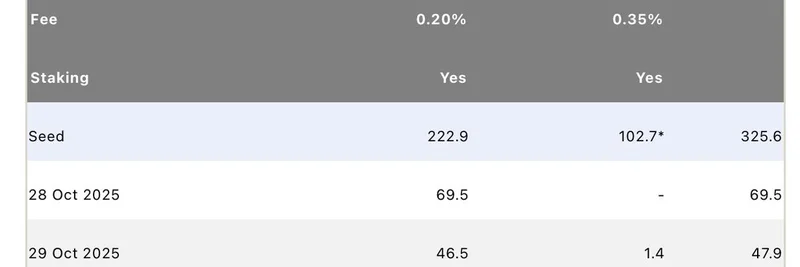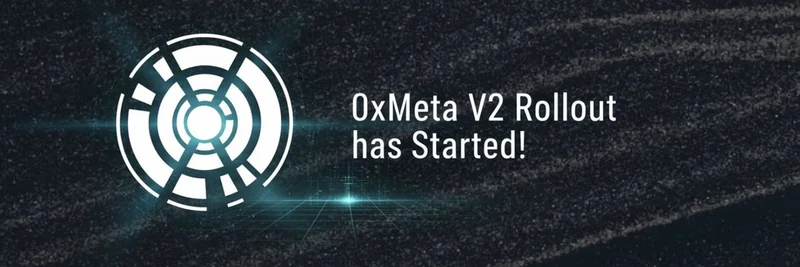In the fast-paced world of cryptocurrency, it's easy to get caught up in the hype of quick gains and meme-driven pumps. But a recent thread on X from Hitesh Malviya (@hmalviya9) serves as a stark reminder of crypto's deeper roots. Cypherpunks—those early pioneers of cryptography and privacy-focused tech—spent decades perfecting the idea of digital cash. Think Bitcoin's origins with Satoshi Nakamoto, where the goal was freedom from centralized control, not just Lambos and moonshots.
Malviya's post hits hard: "cypherpunks spent decades to figure out a PMF of digital cash, and what we did with that?..we simply attached our greed to that while it offered us a choice to claim freedom, and privacy." PMF here means Product-Market Fit, essentially how well a product solves a real problem for users. In crypto, that "product" was meant to be a tool for personal sovereignty, shielding transactions from prying eyes like governments or corporations.
He argues we've still got a sliver of hope—about 1%—if we refocus on basic human rights. Governments have long exploited these, from surveillance to financial censorship, and crypto (meaning cryptography, not just coins) could be our shield. But instead, we've built a "crypto anarchy" that's chaotic and profit-obsessed.
Key calls to action from the thread:
Accelerate onchain reputation: This refers to building verifiable trust systems directly on the blockchain, like decentralized identities or reputation scores that aren't controlled by big tech.
Ramp up privacy: Tools like zero-knowledge proofs (ZKPs)—math magic that lets you prove something without revealing details—could make transactions truly private again.
Protect economic gains: Not just hodling for riches, but ensuring the system safeguards users' wealth from inflation, seizures, or hacks.
Usher in cypherpunks 2.0: A new wave of thinkers and builders who put principles over profits.
The replies echo this sentiment. One user, Amar (@a12321xyz), notes, "we lost sight of privacy when moon became the only goal, refocusing makes sense now." Another, Jay.eth (@Jai0xCrypto), calls it a "big brain take" and stresses the need for that "base layer utility and privacy focus."
This resonates especially in the meme token space, where projects like Dogecoin or newer ones on Solana often start as jokes but evolve into communities with real economic impact. Yet, without privacy, these can become targets for regulation or exploitation. Imagine a world where your meme wallet stays private, your onchain rep builds community trust, and the fun doesn't compromise your freedom.
At Meme Insider, we're all about decoding these trends. If crypto is to fulfill its promise, it's time to blend the meme energy with cypherpunk ethos. What's your take—greed or freedom? Dive into the full thread here and let's build better.



